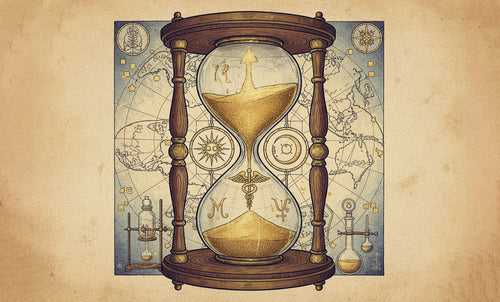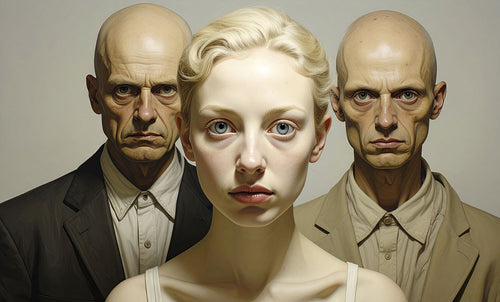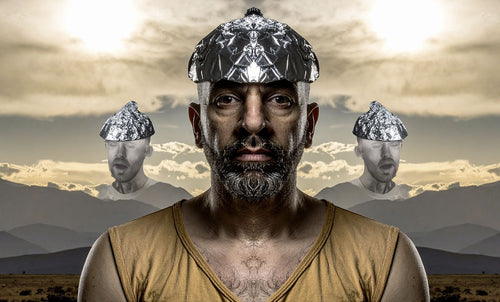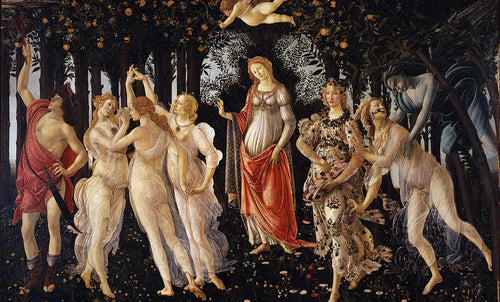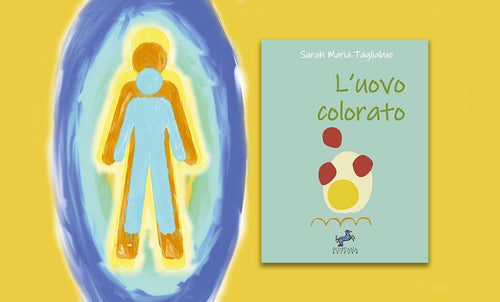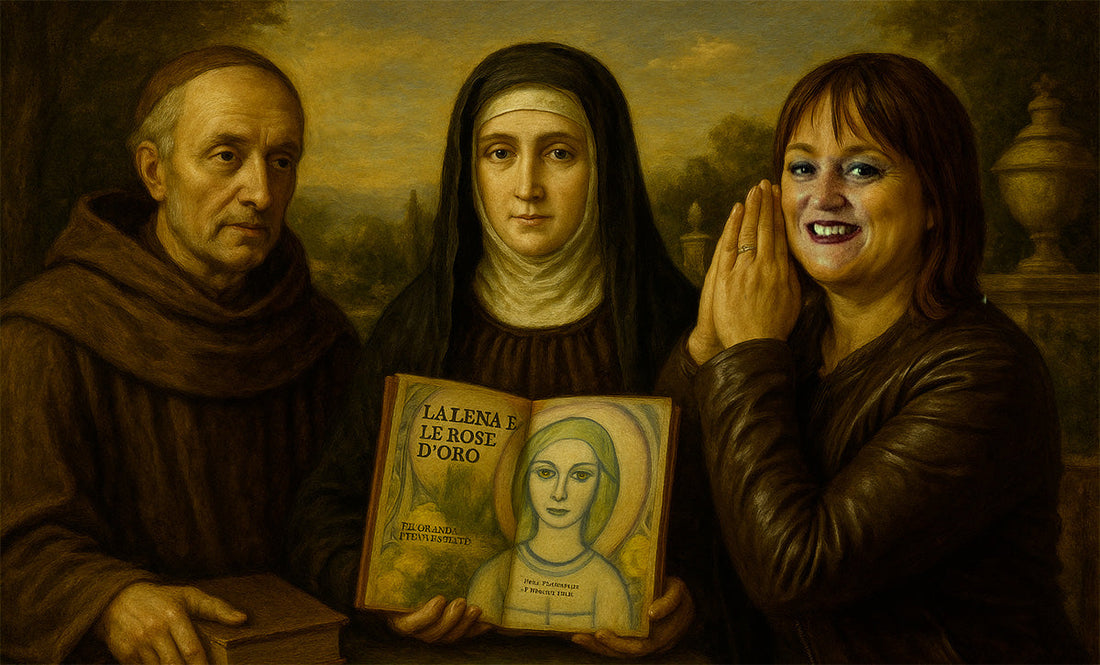
Lena and the Golden Roses: A Dialogue Between Vices and Virtues, from Hildegard von Bingen to Prudentius
Paola Gabrielli I imagine a scene out of time.
I'm in a stone room, lit by a golden light filtering through the narrow windows. Before me, Hildegard von Bingen sits composed, her hands clasped in her lap, her gaze alive as if she could see beyond the visible. At her feet, an ancient lectern holds illuminated manuscripts: parchment leaves that smell of history.
Beside her, a shadow materializes: it isPrudentius , the late antique poet, father of the Psychomachia, the poem in which virtues and vices face each other in an epic battle of the soul.
I, with my book La Lena and the Golden Roses clutched in my hands, take a breath.
—“ I will read you a passage ,” I say, “ that speaks of a woman and her inner journey, between storms and secret gardens, between thorns and golden petals .”
I read, and the words take shape. Vices creep into my characters like shadows: greed that constricts the heart, pride that blinds, inertia that paralyzes.
But, as in Hildegard's texts, there is no sterile condemnation: every vice has its cure , every shadow can be illuminated by the corresponding virtue. Patience dissolves anger, justice balances greed, humility dissolves pride.
Prudentius nods:
— « The battle you describe is the same one I saw centuries ago: the soul as a battlefield, where virtue must arm itself and vice always seeks new paths .»
Hildegard smiles:
— " Yet victory is not just conquest. It is harmony. I saw virtue as a green light that blossoms again in the creature, a song that reconnects it to its source ."
At that moment, I understood that La Lena and the Golden Roses is not just a novel, but a bridge. On one side, the medieval and visionary legacy of Hildegard, who sees nature as a mirror of the soul. On the other, the Latin drama of Prudentius, who narrates the struggle like an epic poem. In the middle, my voice, trying to unite these worlds to speak to today.
Because vices and virtues are not relics of a distant past: they continue to dance, clash, and reconcile within each of us.
And, perhaps, reading these pages to Hildegard and Prudentius means recognizing that their battle is still ours — but that, among the thorns, we can always find a golden rose.
Ps: My essay "La Lena e le rose d'oro" was awarded the Clio Prize in section G - short artistic-literary essay - of the Vitruvio-Le Muse Prize 2025.

